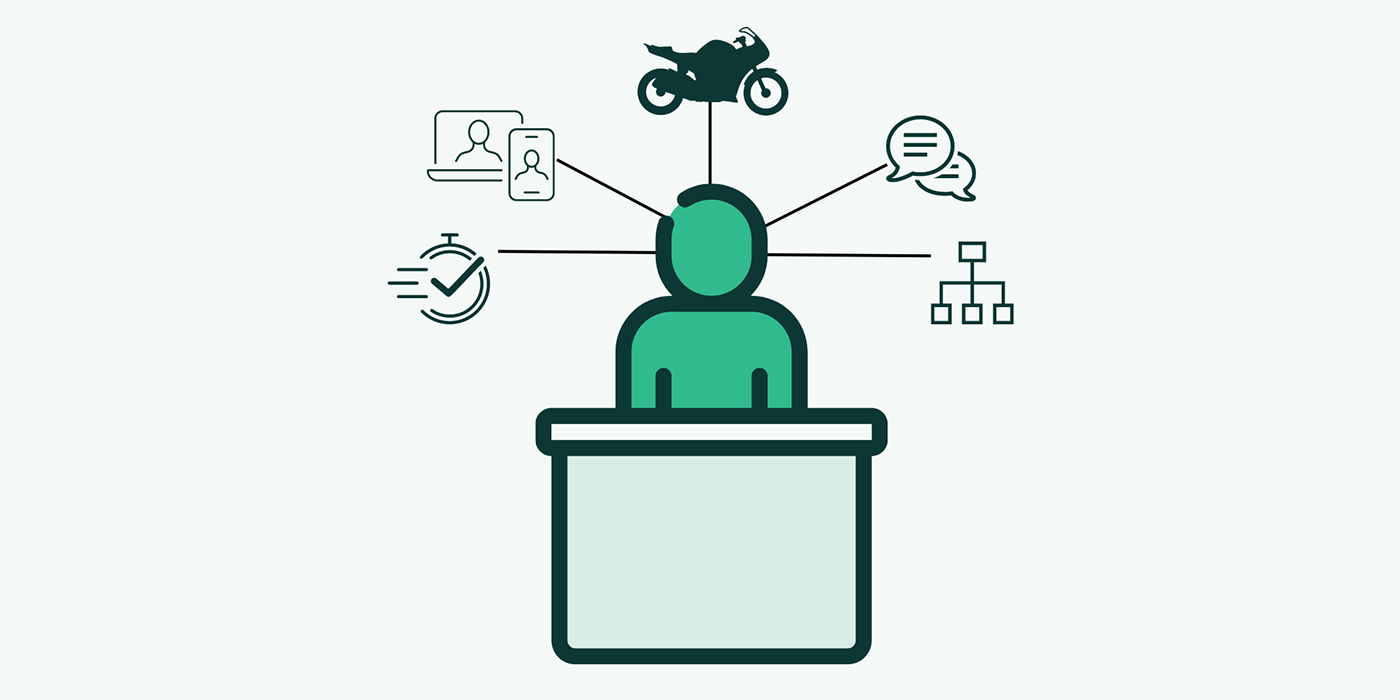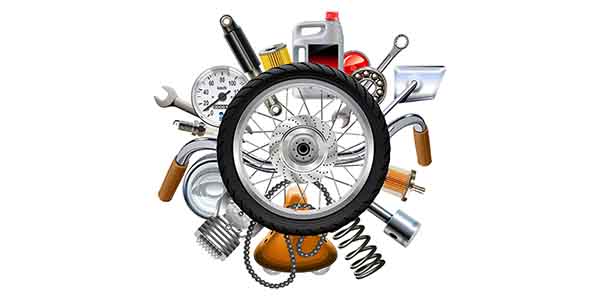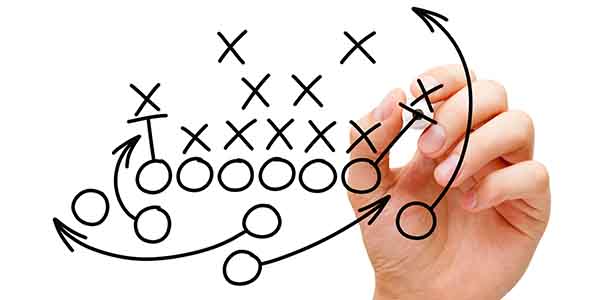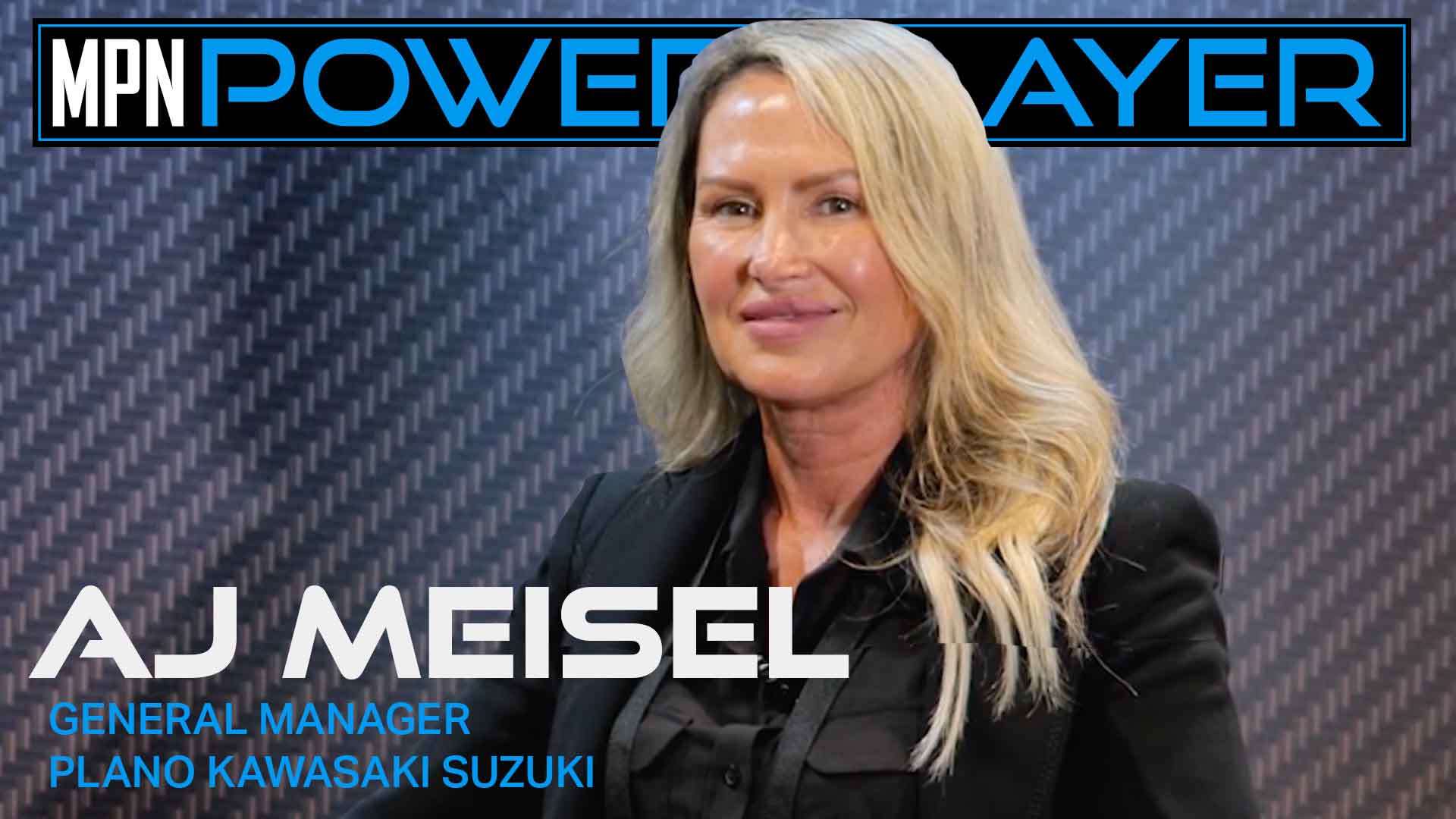Ever had one of those customers who made an obvious error regarding his bike, but he had himself convinced that it was your fault as the dealer, even though he knew he caused the problem? For instance, I once sold two ATVs on a Saturday, only to have the guy pounding on my door Sunday morning, complaining that I’d sold him two pieces of junk. After driving several miles to his house, it took me all of two minutes to determine that he’d run both out of gas. However, rather than face the embarrassment of being a fool, he still pretended to be upset, saying they should have fuel gauges. Never mind that they were sport models. Some people.
When you find yourself in a similar situation, it’s easy to understand why these customers act the way they do. Recently, the local tax rate changed, and I received a new tax booklet from the state government for one of my smaller companies, for which I am also the bookkeeper. This wouldn’t have been a problem, except since the increase fell in second quarter, I mindlessly threw away the old payment book with my first quarter payment slip inside. When I went to pay my first quarter sales taxes and didn’t find a first quarter payment slip in the new booklet, I just assumed I’d already paid it.
When I received the letter from the Department of Revenue inquiring as to when I might get around to paying my sales taxes, I did a little investigative work and realized where I’d screwed up. Because I was paying late, I was subject to interest and penalties, which meant that I had to follow a new set of directions from their book. I’m not good at following government-written directions. And this, my friend, is what prompted me to send the following e-mail to the Tax Man:
Dearest Friends at the DOR,
I am currently enjoying my first experience of paying my sales tax late, and I’m trying to determine what amount to pay you. To be frank, I’ve had an easier time reading home theater installation instructions. I thought that, perhaps, you could help me translate some of the instructions in your cute little booklet? I apparently don’t read governmentese very well.
Line 8, (Interest for Late Payment), appears to have something to do with interest on a late payment, which I think should apply here. It was due April 30 and I’m paying on the 9th of June, which means that I’ve got 46 days worth of interest at the daily rate, which would be “some undetermined rate” divided by 365. It then says to use the rate in the chart located in the next column. However, there is no chart in the next column. So, where might a person find the interest rate for this late payment? Is this LIBOR? Prime? Current MAFIA lending rates? Should I call my bookie?
Next, I come to Line 9 (Additions to Tax), which appears to be asking me for more money due to “failure to pay.” Well, I failed to pay, so I guess that applies; the definition of this seems to be, “failure to pay on or before the due date,” so I guess that’s me. I take Line 7 and multiply by 5 percent per month, but is that a full month? If so, I’m at 5 percent … I guess. If it’s a month calculated at the first day of the following month, then I’m into 2-months, right? 10 percent? So, I don’t quite get whether I’m paying 5 percent or 10 percent, and I guess this is on top of the interest penalty for late payment? Pay both, right? Or can I choose my favorite from the two — kind of an either/or type thing?
Finally, the instructions for Line 9 go on to say that if “failure to file” applies, don’t pay additions for failure to pay. Huh? Okay, so I’m guessing that by file you mean I’m filing with the tax return slip that is sent with the money? In that case, I’ve failed to file and I’ve failed to pay. But I would think that every other deadbeat would also fall into that category with me. What happens there? Do I pay the 5 percent, (or 10 percent), or do I not pay that? Is there a differing penalty for failure to file and, if so, what is it? I’m hoping that I’m not going to be hung upside down in a stream of water with electrodes attached to my chest like they do in the movies. If so, I’d argue that I haven’t yet failed to file nor failed to pay — I only failed to do either one on time. I’m trying to pay and to file.
Who’s to Say who’s to Blame?
Like the customer who blames the dealership for a problem that he’s caused, I too have found myself blaming someone for a situation of my own making. Yes, the state’s tax booklet is poorly written and confusing as hell, but had I paid the taxes on time, I’d not have to worry about any of this in the first place. And I’d have never written this letter to them, which would probably also mean that the black, unmarked helicopter would not be circling over my house right now. Of course, if they wouldn’t have changed the tax rate, I wouldn’t have paid late. I guess it’s their fault after all.













